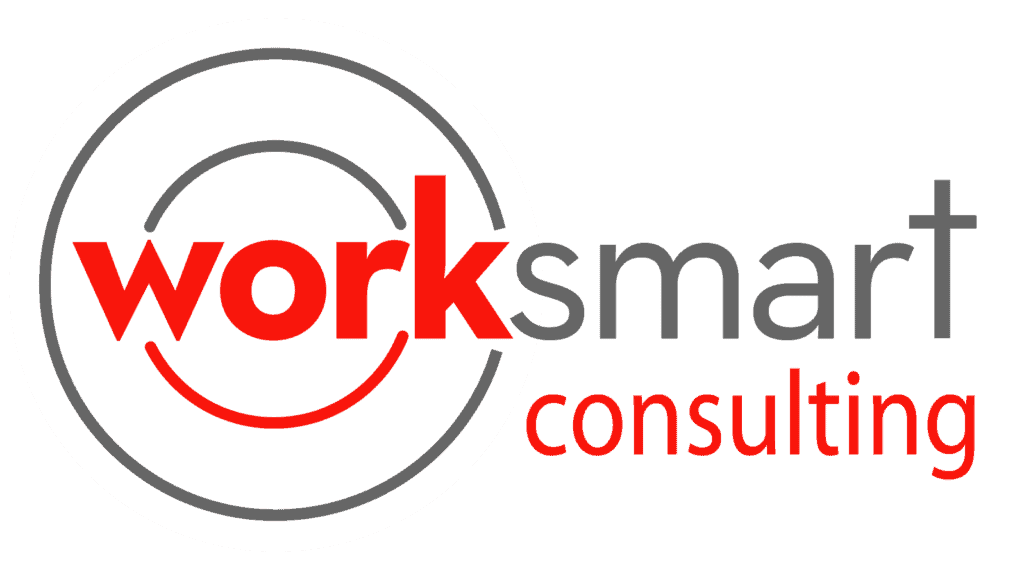Challenge
Josef (not his real name) loved his job but could barely tolerate his boss. His boss was unpredictable and was either missing in action, or overcompensating and micromanaging.
Josef approached Work Smart Consulting for coaching and wanted strategies to handle his boss. He wanted to fulfill his potential and thought that leaving this job, too soon, would compromise his growth. His stress level had increased and he was on the verge of quitting.
Strategies to ‘Be the Solution’
Let’s look at a few strategies that will help you (or someone you know) get through this situation successfully.
First, you are not alone! Researchers have found as many as 79% of employees have quit their job because of problems with their boss. Problem bosses can be bullies, micromanagers, or the opposite, lackadaisical, refusing to handle problems with a “wait and see” approach.
What this management style does to employees is leave them with the daily hassles and they cannot get their work done. This increases frustration and wastes precious time and energy.
Manage Your Stress Reaction
Engage strategies to shift your perspective.
Working day in and day out, without a break is not sustainable. When you do not have the right tools or resources, frustration increases and it can be stressful. In situations like this, the pressure and stress can create a tendency to feel powerless. This perspective is not going to help you communicate effectively with your boss and your coworkers.
Deliberate Breathing
One way to shift perspective is to use deliberate breathing to move out of the survival instinct of the stress reaction. Stress creates tunnel vision and the only solutions you might see are to fight or flee! Use deliberate breathing to quickly shift out of the stress reaction.
Deliberate breathing is just what it sounds like, you breathe more slowly and deeply, on purpose for 15 seconds, breathing in and out on a count of 5.
As you focus on your breathing, your mind has the chance to open up and consider something beyond survival! For example, this is an opportunity to have some empathy for your boss, what might they be going through? Could they be dealing with a tough challenge? By extending empathy to them, they are more likely to reciprocate with you.
Reflection: Am I Part of the Problem?
Now that you are open, and your mind is more relaxed, ask yourself, “Am I part of the problem?”
This requires one to be objective and honest with themselves. Check in with you and think about your interactions with your boss. Reflect on your body language, tone of voice, your overall presentation. Are you doing (or not doing) something that is sending mixed signals to your boss?
Self-Coaching is at the Core of Ei
The more aware you are of how you are showing up, the greater your emotional intelligence (Ei). The power of Ei is that self awareness increases your effectiveness.
As you increase awareness of your own emotions, learning to navigate other people is easier; even when it is your boss. Imagine being able to keep your cool, demonstrating your ability to lead despite challenges!
Ei Assessment
Check out our assessment, the EQi 2.0, the most widely used assessment for emotional intelligence. This is the start of building a strong and effective leadership brand.







Responses